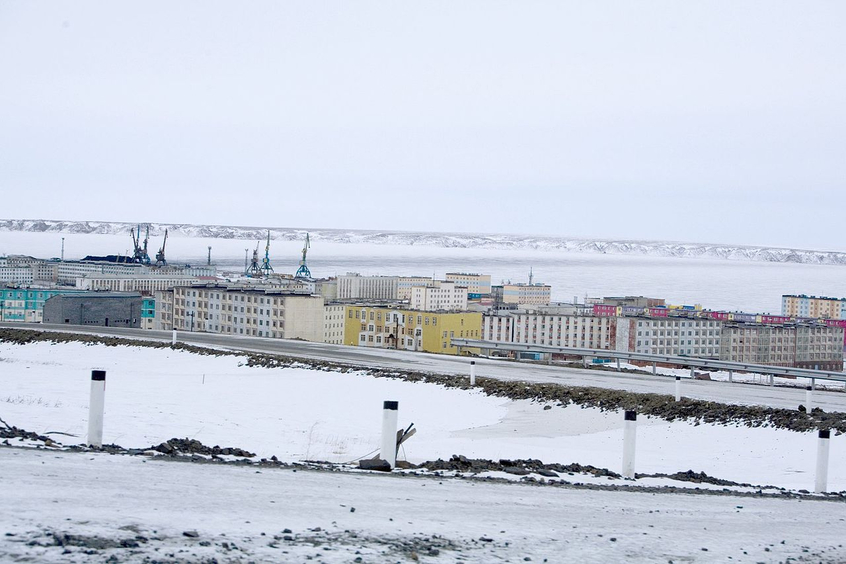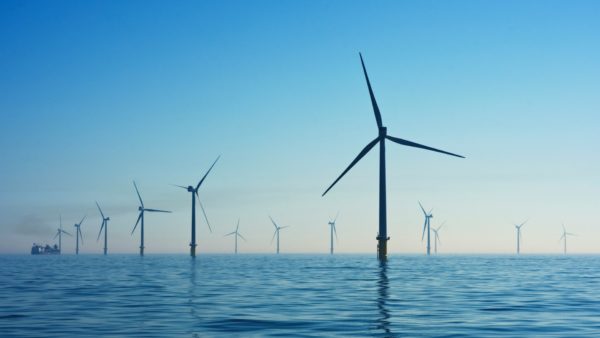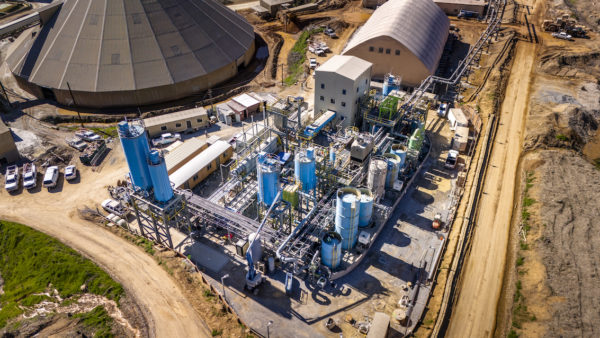The Akademik Lomonosov, a 144m-long floating nuclear power station, has been commissioned and is almost ready to begin commercial operations, Rosatom announced yesterday (24 April).
According to the state-owned Russian nuclear engineer, the station’s two KLT-40S reactors were brought up to full power on on 31 March. These tests "confirmed the operational stability of the main and auxiliary equipment of the plant, as well as the automatic process control systems".
Andrei Petrov, director general of Rosenergoatom, Rosatom energy subsidiary, said an acceptance certificate for the unit would now be issued by the regulatory authorities with a view to granting an operating licence in July.
The Akademik Lomonosov, which does not have its own engines, was built in St Petersburg and is presently being fuelled with low enriched uranium in Murmansk. It will now be towed to the Arctic port of Pevek on the East Siberian Sea.

The declining town of Pevek is set for a revival owing to the opening of the northern sea route to Europe (Brian Tibbets/Public Domain)
The northernmost town in Russia, with a population of under 5,000, Pevek has seen decline but is set for a revival as a logistics hub for the northern sea route between the Atlantic and Pacific oceans, which is opening up as the poles warm. Both Russia and China are planning to develop the route as a shipping lane.
Named after an 18th century Russian scholar (academician), the Lomonosov will replace the Bilibino nuclear plant and the Chaunskaya combined heat and power plant. It is expected to begin supplying power and heat to Pevek in December 2019.
The plant’s KLT-40S reactors are variants of the KLT-40 designs that were developed to power icebreakers. Together they will supply 70MW of electricity or 300MW of heat energy.
Top image: The Akademik Lomonosov is 144m long, 30m wide and is operated by a crew of 69 (Rosatom)
Further reading:
- Russia’s first floating nuclear power plant to be "operational next year"
- Ethiopia aims to be the renewable power house of Africa
- Turkey sends Ghana instant floating power station to relieve blackouts
- Russia and China forge new nuclear power partnership
- China launches nuclear company to build 20 floating reactors
Comments
Comments are closed.











Extremely worrying